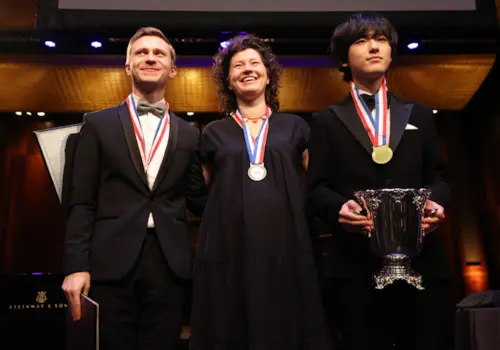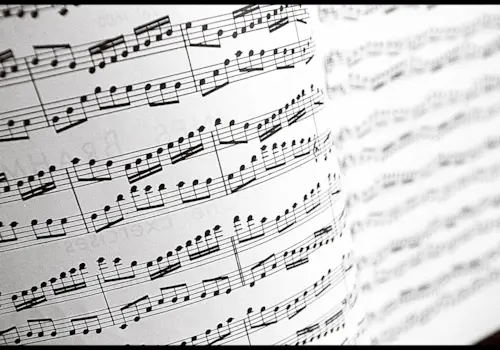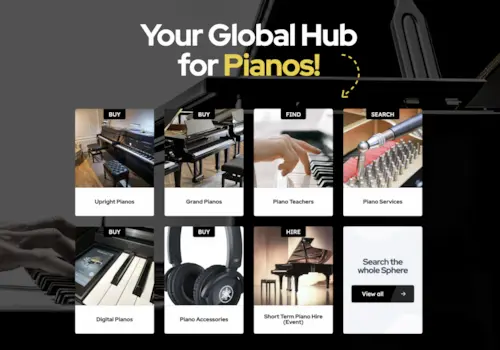Royal College of Music graduate Alec Coles-Aldridge investigates the piano designed for luxury over acoustic reasoning.
In 2002, a tea collector paid $28,000 for 20g of Da Hong Pao, a highly prized Chinese tea. The price paid for this tea equates to approximately $5000 for a single serving. For some, this price tag may seem absurd and for others completely justified given the rarity and merit of such a fine Da Hong Pao. Similar stories where eye-watering amounts of money are paid for luxury items can be heard repeatedly.
In 2000, a Screaming Eagle Cabernet Sauvignon 1992 was sold at a wine auction for $500,000. Almost every type of product has an expensive version; cars, watches, food, televisions, coffee and, of course, pianos. Pianos are certainly no exception.
Enter the Galaxy pianos
This range of pianos is produced by a Dubai based piano manufacturer who claims to 'combine the age-old traditions of German piano workmanship and modern technology.' The three main pianos they produce (the Diamond, Pearl and Coral designs) feature this modern technology by way of transparent material, allowing the internal organs of the piano to be seen whilst being played. In addition, Galaxy pianos can be fitted with the Intelligent Self Playing System (ISPS) which allows the piano to create music without the need for a human performer.
Luxury over acoustic reasoning
So far, the Galaxy pianos mentioned fill the standard category of pianos. They are expensive and novel in design but not stomach churning in price or the level of luxury additions. To name a Galaxy piano that does fit into the stomach-churning category is difficult because they are built by request. And these previous requests are mind-blowing; one was coated with 24k of gold. Another had Austrian Swarovski crystals embedded into the piano. When one ponders the reason why Swarovski crystals and gold need be added to a piano, the conclusion does not feature acoustic or artistic reasoning. Pure luxury and the exhibition of wealth are the over-riding factors. Mark Murphy, the sales and marketing manager for Galaxy pianos, admitted that 'we see ourselves as a luxury item. We don't see us as only a musical instrument.' Indeed, this is why the ISPS was created for Galaxy Pianos. Many of the customers for Galaxy pianos do not have the ability to play the piano, therefore technology that can is always welcome.
When one returns to the broader world of luxury items across many different types of products, the existence of gold-plated pianos is hardly surprising. When there is spare money floating around, luxury items seem the answer. The Galaxy piano is simply the Da Hong Pao of the piano world.
By Alec Coles-Aldridge. Alec is a graduate of the Royal College of Music with a Bachelor of Music Degree.








